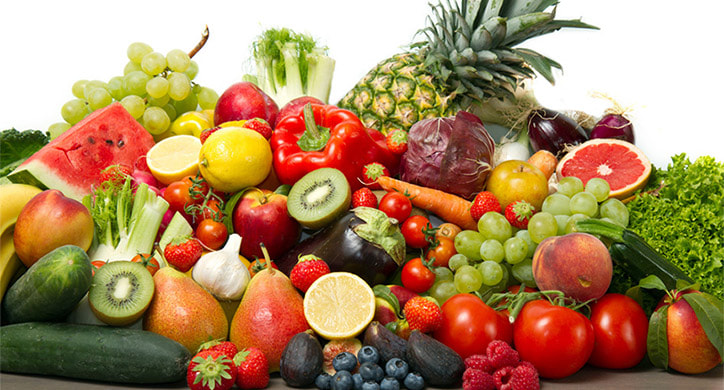
If you are eliminating certain foods as part of a fad diet, you might experience hair loss. Nutritional deficiency can impact both hair structure and hair re-growth. Since hair growth begins from the insides, we offer a healthy mixture of some specific vegetables to aid in the hair growth and wellness of our clients Lifestyle.
One of the biggest factors that contribute to healthy hair is diet. There are specific types of food for healthy hair that you can consciously choose to eat in order to promote healthy hair and skin. Many people do not realize the significance of the foods they consume and how those choices are mirrored within their hair growth and health. Having a vitamin deficiency affects the health of your hair, skin and nails.
Maintaining a healthy well-balanced diet full of iron-rich foods, good fats, proteins, vegetables, and fruits will not only improve hair health, but also overall well-being. There are many foods and vitamin supplements for hair growth that have been proven to impart substantial benefits. There are a number of vitamin supplements for scalp and hair that are best ingested through daily diet choices, and even small adjustments in nutrition can have a large impact on hair health.
Spinach is a healthy green vegetable that’s loaded with beneficial nutrients like folate, iron, and vitamins A and C, all of which may promote hair growth Vitamin A helps the skin glands produce sebum. This oily substance helps moisturize the scalp to keep hair healthy. A cup (30 grams) of spinach provides up to 54% of your daily vitamin A needs. Spinach is also a great plant-based which is essential for hair growth. Iron helps red blood cells carry oxygen throughout the body to fuel your metabolism and aid growth and repair. What’s more, iron deficiencies have been linked to hair loss.
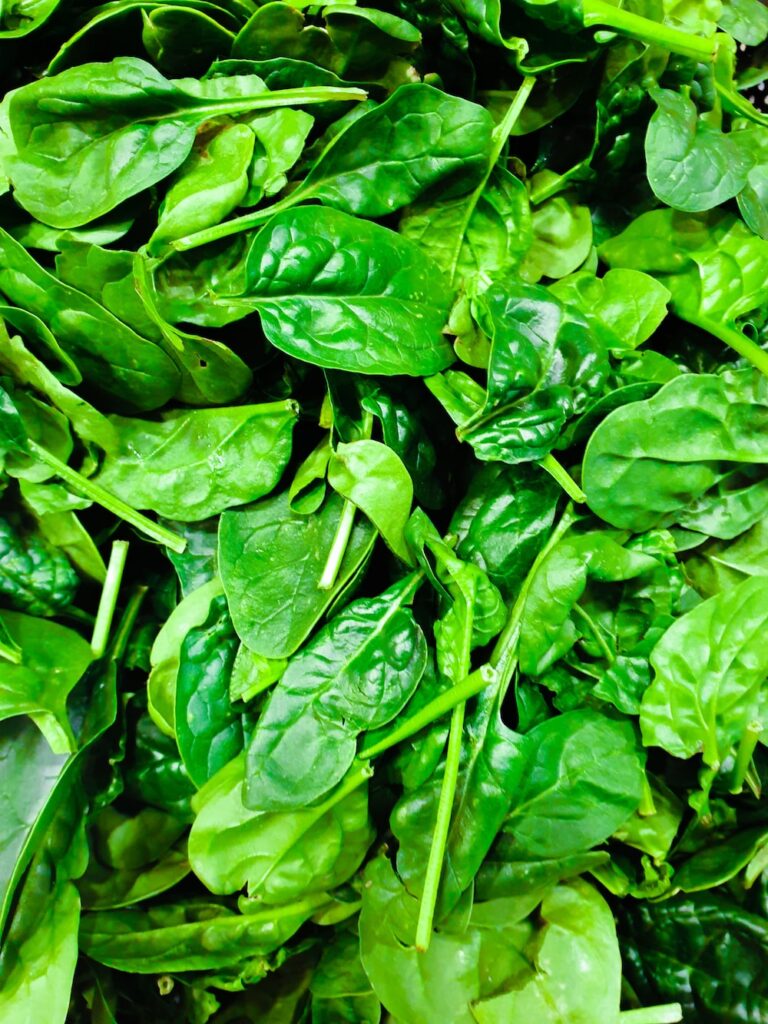
Berries are loaded with beneficial compounds and vitamins that may promote hair growth. This includes vitamin C, which has strong antioxidant properties. Antioxidants can help protect hair follicles against damage from harmful molecules called free radicals. These molecules exist naturally in the body and the environment. For example, 1 cup (144 grams) of strawberries provides an impressive 141% of your daily vitamin C needs. Also, the body uses vitamin C to produce collagen, a protein that helps strengthen hair to prevent it from becoming brittle and breaking. What’s more, vitamin C helps the body absorb iron from the diet. Low iron levels may cause anemia, which has been linked to hair loss.
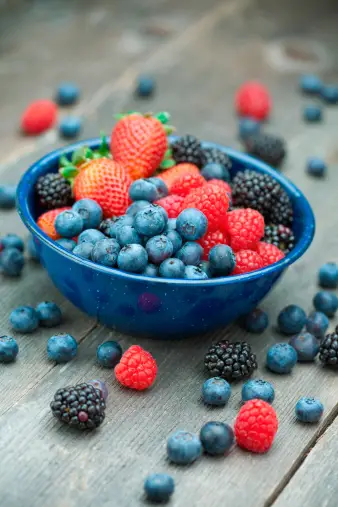
Nuts are tasty, convenient and contain a variety of nutrients that may promote hair growth. For example, an ounce (28 grams) of almonds provides an impressive 37% of your daily vitamin E needs. What’s more, they also provide a wide variety of B vitamins, zinc and essential fatty acids. A deficiency in any of these nutrients has been linked to hair loss. Nuts have also been linked to a wide variety of other health benefits besides hair growth, including reduced inflammation and a lower risk of heart disease. This makes nuts an excellent and easy addition to your diet. Spinach is also a great plant-based source of iron, which is essential for hair growth. Iron helps red blood cells carry oxygen throughout the body to fuel your metabolism and aid growth and repair.
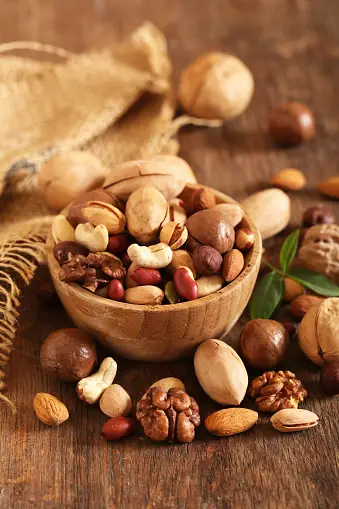
Fatty fish like salmon, herring and mackerel have nutrients that may promote hair growth. They are excellent sources of omega-3 fatty acids, which have been linked to hair growth. A study in 120 women found that taking a supplement containing omega-3 and omega-6 fatty acids as well as antioxidants reduced hair loss and increased hair density. Another study found that taking a fish oil supplement significantly reduced hair loss and increased hair growth in women with thinning hair. However, there are only a handful of studies on omega-3 fatty acids and hair growth. More studies are needed before health experts can make any recommendations. Fatty fish is also a great source of protein, selenium, vitamin D3 and B vitamins, nutrients that may help promote strong and healthy hair.
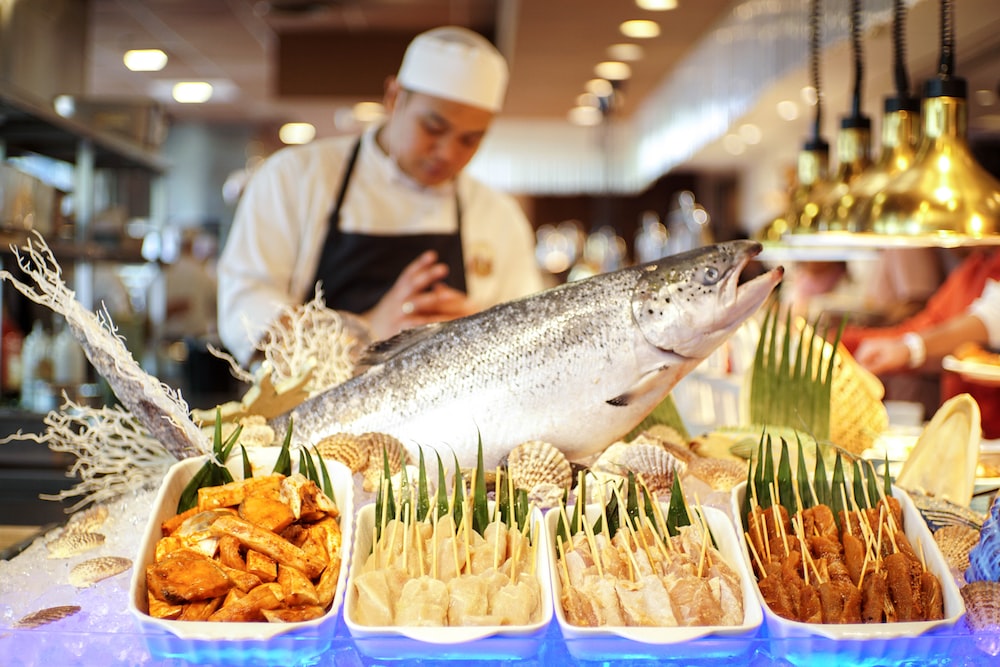
Though celery is roughly 95 percent water, there are number of reasons that this vegetable should be part of your daily routine. First, celery is full of nutrients, such as potassium, calcium, and vitamins, and is packed with a plethora of antioxidants. In fact, a single stalk of celery contains at least 12 different antioxidants, including vitamin C, beta carotene, and flavonoids. Now, let’s talk digestion. Because of celery’s moderate fiber content (1.6 grams per 1 cup stalks), celery supports a healthy digestive system and promotes regularity. Unfortunately, though, juicing celery causes it to lose some fiber content. A diet high in fiber may aid in diabetes prevention. Celery also has a very low glycemic index, which can help keep blood sugar in check.
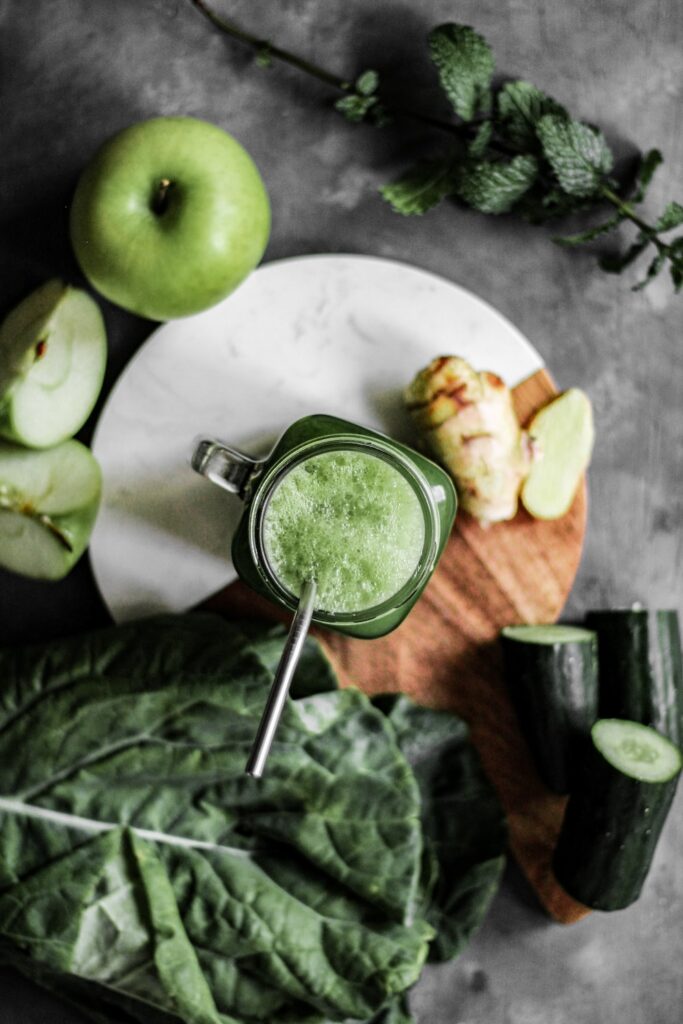
Eggs are a great source of protein and biotin, two nutrients that may promote hair growth. Eating adequate protein is important for hair growth because hair follicles are made of mostly protein. A lack of protein in the diet has been shown to promote hair loss. Biotin is essential for the production of a hair protein called keratin, which is why biotin supplements are often marketed for hair growth. Research has also shown that consuming more biotin can help improve hair growth in people with a biotin deficiency. However, biotin deficiencies are uncommon if you consume a balanced diet. There is little evidence to show healthy people benefit from consuming more biotin
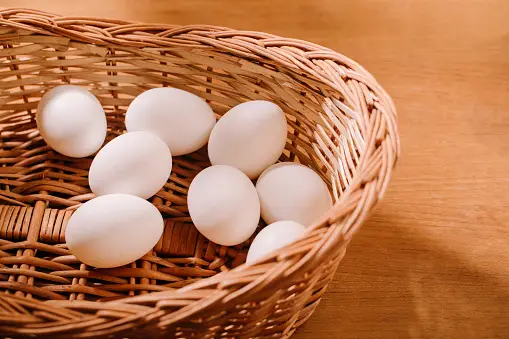
Grapes are versatile fruits used in a wide range of popular foods — from raisins to jelly to wine. They are also packed with nutrients and antioxidants, and have high amounts of the phytonutrient resveratrol, which is good for the heart, according to some studies. In fact, while grapes are good for your overall health, they are especially lauded for their heart benefits. Grapes are berries that grow on a vine. Because of their versatility, variety and portability, grapes are popular all over the world.
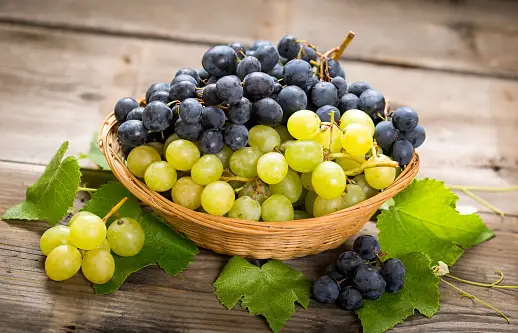
Avocados are delicious, nutritious and a great source of healthy fats. They are also an excellent source of vitamin E, which may promote hair growth. One medium avocado (about 200 grams) provides 21% of your daily vitamin E needs. Like vitamin C, vitamin E is an antioxidant that helps combat oxidative stress by neutralizing free radicals. In one study, people with hair loss experienced 34.5% more hair growth after taking a vitamin E supplement for eight months. Vitamin E also protects areas of the skin, like the scalp, from oxidative stress and damage. Damaged skin on the scalp can result in poor hair quality and fewer hair follicles. What’s more, avocados are a great source of essential fatty acids. These fats cannot be produced by the body but are essential building blocks of your cells. A deficiency in essential fatty acids has been linked to hair loss.
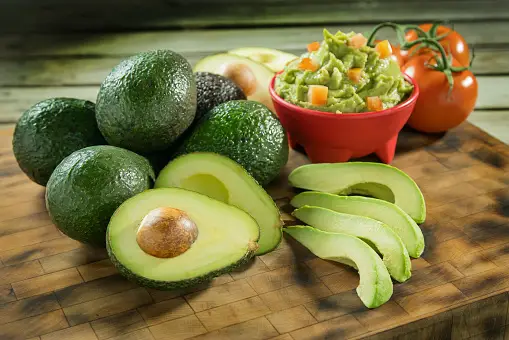
Beans are a great plant-based source of protein, which is essential to hair growth. Like oysters, beans are a good source of zinc, which aids the hair growth and repair cycle. A 3.5-ounce (100-gram) serving of black beans provides 7% of your daily zinc needs. They also provide many other hair-healthy nutrients, including iron, biotin and folate On top of all these benefits, beans are highly versatile and inexpensive, which makes them an easy addition to the diet.
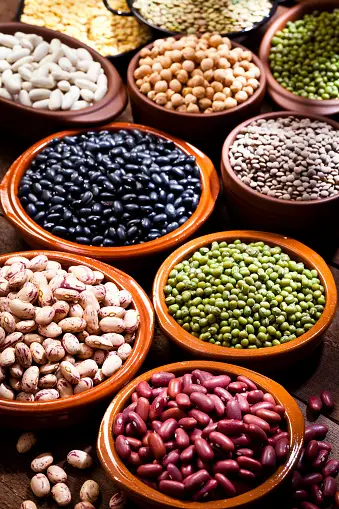
Sweet potatoes are a great source of beta-carotene. The body converts this compound into vitamin A, which is linked to good hair health. A medium sweet potato (about 114 grams) contains enough beta-carotene to provide more than four times your daily vitamin A needs. Research has shown that vitamin A promotes the production of sebum, which helps keep hair healthy. What’s more, vitamin A could also speed up the rate of hair growth and encourage the growth of thicker hair, all while preventing other hair follicles from regressing.
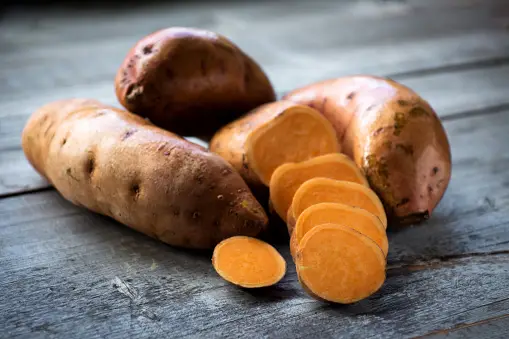
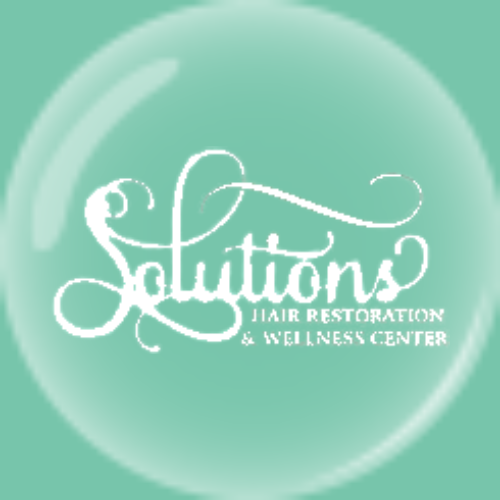





Stay Updated and Connected: Join Our Newsletter